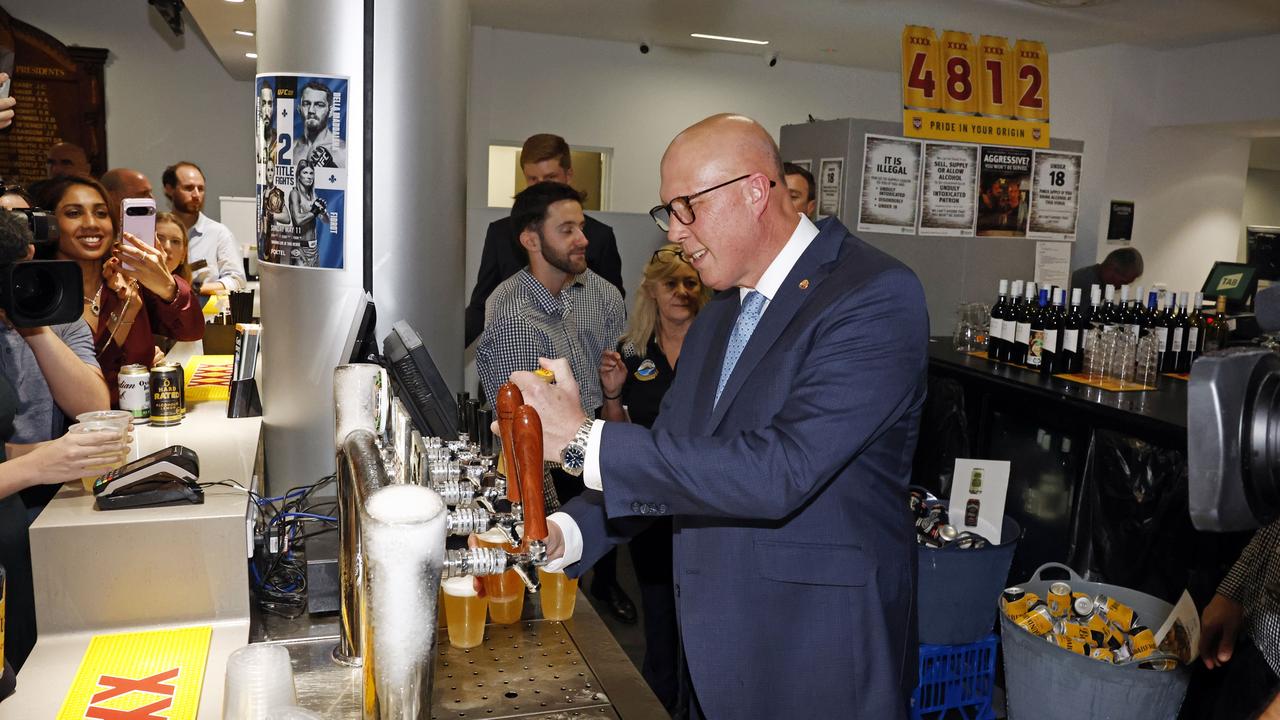Thomas Mayo, Tanya Thompson: Voice is not a handout
Her brother is one of Australia’s leading Yes campaigners but this Townsville woman was hesitant to throw her hat in the ring for the referendum. See why she believes there are good people on both sides.
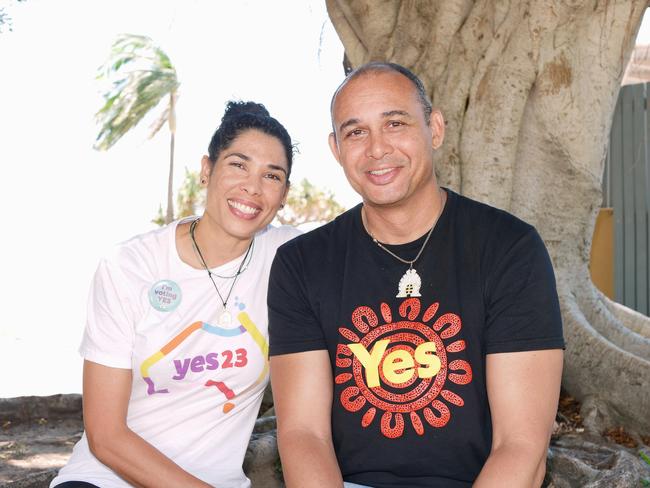
Townsville
Don't miss out on the headlines from Townsville. Followed categories will be added to My News.
Tanya Thomson’s brother is one of Australia’s leading Yes campaigners but the Townsville woman was hesitant to throw her hat in the ring for the referendum.
She had followed her brother’s involvement in the Uluru Statement from the Heart, but in the preceding six years before the referendum discussion really kicked off, the issue slipped from her radar.
Then, when she listened to her brother speak about the referendum in Townsville, push came to shove.
“He’s like ‘have you volunteered?’ and I’m like ‘ooh, Thomas I don’t know. I’m with you but’ …,” Ms Thomson said.
She and her daughter then signed up. Talking about the proposal, she believes people did not understand the simplicity of the Voice.
“It’s not a veto power. It sits outside of parliament. It’s not a land grab. It’s not a handout. It’s a hand up,” she said.
Ms Thomson has been at a Yes campaign booth at the Willows Markets every weekend since, and letterboxing, door-knocking and taking campaign donations over the phone.
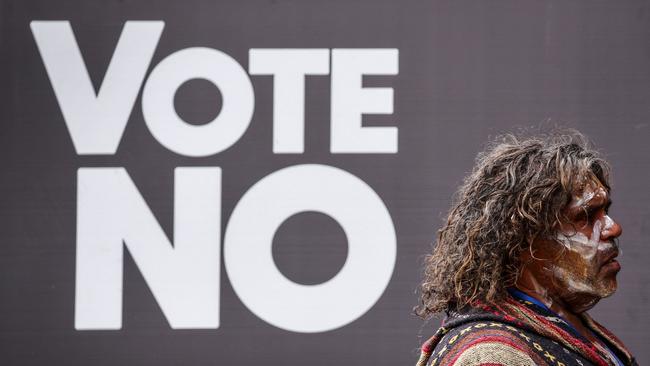
“It has been huge personal growth for me, that confirmation and talking to others. And Townsville has been challenging.
“However the strength that comes with the people that have joined the Yes23 campaign has made it so incredibly heartwarming.”
“My experience with the markets is there’s good, decent people on both sides of this debate.
Remote voting started on Monday. Early voting centres open in Queensland on October 3, before the October 14 referendum day.
Mr Mayo is a signatory of the Uluru Statement from the Heart and a director on the Australians for Indigenous Constitutional Recognition board.
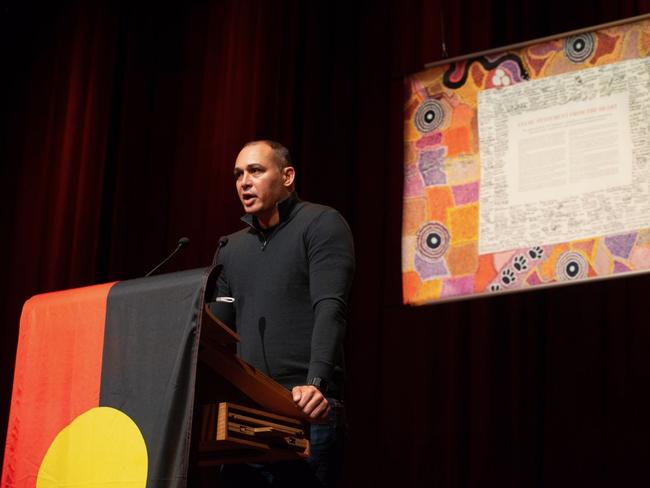
Based in Darwin, in the past week he’s been to Albany, Geraldton and Katanning in Western Australia, working with volunteers.
On a flight from Townsville to Hobart this week he was planning to write an opinion piece which the New York Times had asked of him, and then he was headed for Newcastle next.
“It has been a lot of hard work. It was a lot of hard work for us to create the opportunity for this referendum in the first place,” Mr Mayo said.
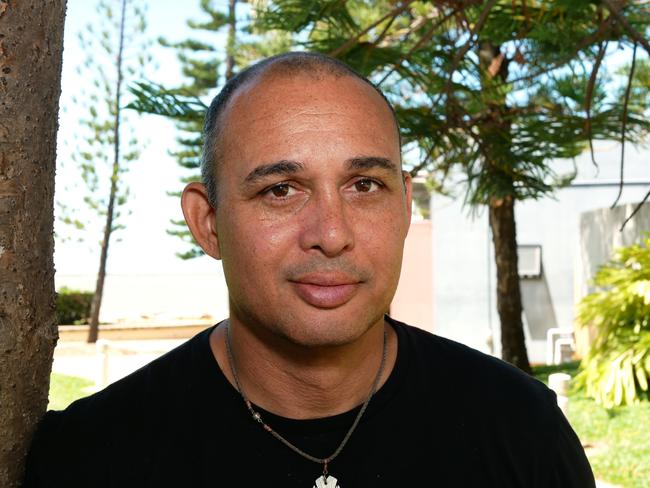
“Every time we’ve (Indigenous people) had a voice we’ve made great progress. When we don’t have one we go backwards, as we are right now with the gap widening in 2023.”
Most people had learnt there was a 10-year gap in life expectancy between Indigenous and non-Indigenous Australians, the Indigenous suicide rate was double and some Indigenous communities live without running water, Mr Mayo said.
General knowledge of those facts left him optimistic that the referendum result would be ‘yes’.

The biggest Voice misconception was that people would lose something were the referendum to succeed, he said.
“Again, it’s an advisory committee. Once people understand that this is just giving us a say, to improve outcomes and improve the way money is spent in our communities … they understand that’s what the Voice will do,” Mr Mayo said.
A Voice would mean the public service spent more money efficiently, he said.
“That is the reason why we’re calling for the Voice, because we want to do something different,” he said.
“Of course we want a better future for our children and the Voice is the way to do it.”
More Coverage
Originally published as Thomas Mayo, Tanya Thompson: Voice is not a handout





